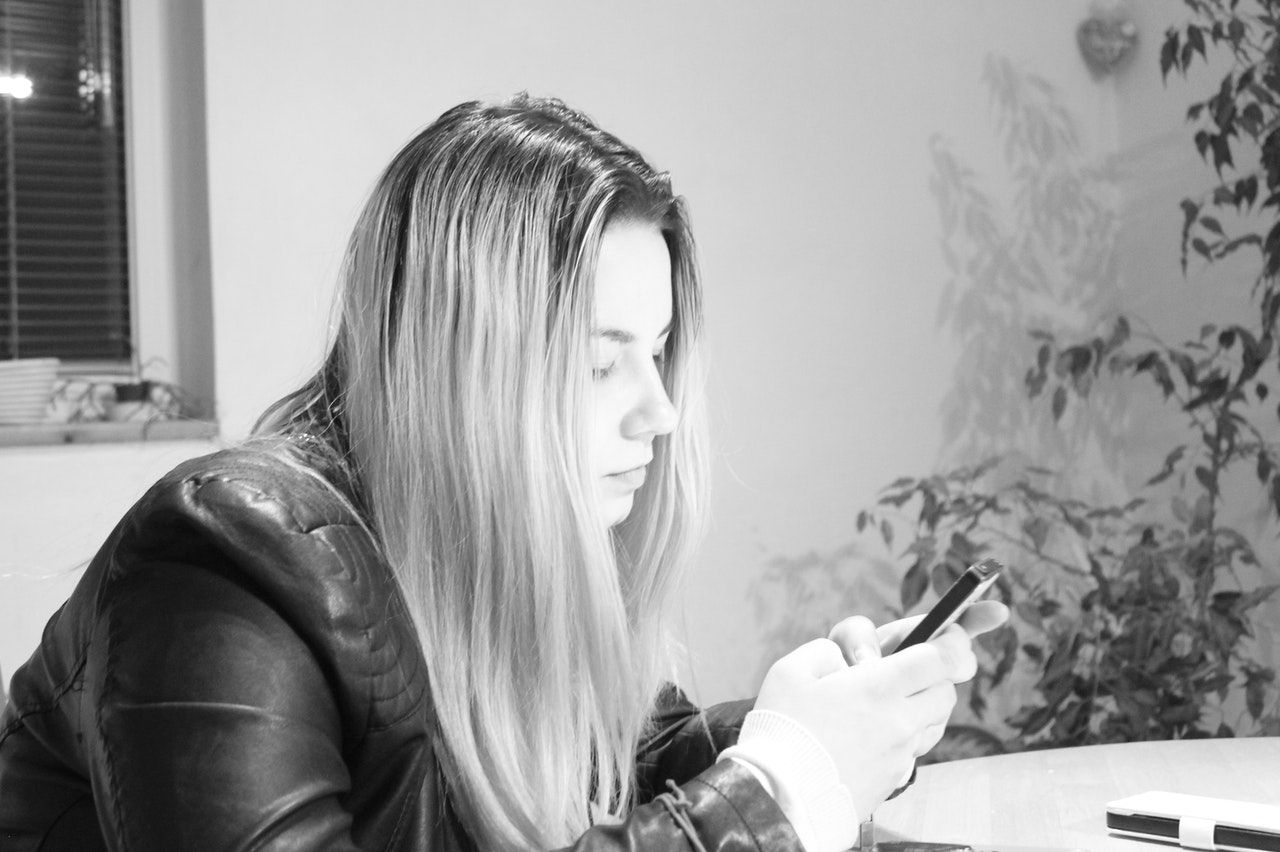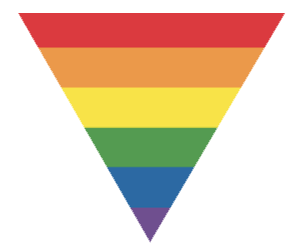Written by Meagan Cumming, MA, RP
 Let’s imagine you’re texting with your partner, and they abruptly stop responding. Our brains are hardwired to try to make sense of the world around us, and when it’s missing information it can often fill in the gaps with our deepest insecurities because it is trying to prepare us to stay safe. So it may begin an inner dialogue like: “They’ve stopped responding because I said something wrong. They must be mad at me. Oh no, maybe they even hate me now!” Next, depending on what our go-to defensive response is, the dialogue may continue as “Screw them!” (fight), “I need to get out of here” (flight), “I don’t know what to do!” (freeze), “I need to fix this ASAP” (fawn). Or maybe our inner critic will show up and say something like “Of course they hate me, I’m stupid and I never deserved them anyway”.
Let’s imagine you’re texting with your partner, and they abruptly stop responding. Our brains are hardwired to try to make sense of the world around us, and when it’s missing information it can often fill in the gaps with our deepest insecurities because it is trying to prepare us to stay safe. So it may begin an inner dialogue like: “They’ve stopped responding because I said something wrong. They must be mad at me. Oh no, maybe they even hate me now!” Next, depending on what our go-to defensive response is, the dialogue may continue as “Screw them!” (fight), “I need to get out of here” (flight), “I don’t know what to do!” (freeze), “I need to fix this ASAP” (fawn). Or maybe our inner critic will show up and say something like “Of course they hate me, I’m stupid and I never deserved them anyway”.
“The story I’m telling myself is…”
Before we react with any of these, it can be helpful to take a few deep breaths and return to the phrase “The story I’m telling myself is…”. I first learned these powerful words from one of Brené Brown’s books, and it has been a game-changer in my professional and personal life. It is a helpful reminder that our first reaction (or as Brené calls it, our Stormy First Draft or SFD) is often just a story that our brain is making up, and it may not be what’s really happening. If your partner is someone you feel safe with, you might consider sharing your SFD so they can let you know what’s going on for them. That could sound something like: “Hey! I noticed you haven’t responded to my last message for a few hours. The story I’m telling myself is that it’s because I said something wrong and you’re angry at me now. Could you please reality check that for me?”. The phrase “The story I’m telling myself” removes judgmental or blaming language and gives the other person space to respond without needing to get defensive. They might say “Oh no, I was just driving!” or whatever it was that prevented them from responding. Even if they did happen to be angry, your wording can still set a more neutral tone to have that conversation without escalating.
It’s ok if you aren’t sure why you are creating a particular story
After we’ve shared the story we’ve been telling ourselves it can sometimes be helpful to acknowledge where that story is coming from. Do you know why your brain may have created that story? Is this a pattern that you’ve seen before? Do you know where is started? It’s ok if you aren’t sure why you are creating a particular story. It can take a lot of self-reflection, or the help of a therapist, to notice a pattern of behavior and begin to understand where it started.
Even if you aren’t sure why, it can still be helpful to acknowledge your part in the story You could then say something like: “I know that this is just a story I’m creating, that it may not be what’s really happening, and that it has nothing to do with you.” If you have more insight about the story, and this is a safe person you feel comfortable sharing with, maybe you could say: “I acknowledge that I have a pattern of assuming people are angry when they stop responding to me. When I was growing up, my mom would ignore me and give me silent treatment when she was mad at me. I know that’s my own wound and has nothing to do with you, but I felt it was important to give you some context so you could understand why I would assume you were upset.” Acknowledging your part in the story can help you to validate for yourself why you are reacting a certain way, and it can give your partner more information about what’s happening for you.
 The last thing we could add to this is telling your partner what you need. After being triggered into an emotional response, breathing through the feelings enough to notice your SFD, and then making connections about why you reacted in that way, you could probably use some care! What would you need to either care for yourself, or feel cared for by your partner? If you already have a self-care list, perhaps you could draw from that. Some examples could be: a hug, a walk, some space, a bath, a snack, time with pets, a funny video. If you’re clear about what you need, share it with your partner: “What I need right now is verbal reassurance that you aren’t angry at me, and I could use a hug and some connection time when you get home”. Identifying and communicating what you need will support you in caring for yourself in a way that you may not have received before, and help you to heal that wound. It will also help your partner learn how to take care of you.
The last thing we could add to this is telling your partner what you need. After being triggered into an emotional response, breathing through the feelings enough to notice your SFD, and then making connections about why you reacted in that way, you could probably use some care! What would you need to either care for yourself, or feel cared for by your partner? If you already have a self-care list, perhaps you could draw from that. Some examples could be: a hug, a walk, some space, a bath, a snack, time with pets, a funny video. If you’re clear about what you need, share it with your partner: “What I need right now is verbal reassurance that you aren’t angry at me, and I could use a hug and some connection time when you get home”. Identifying and communicating what you need will support you in caring for yourself in a way that you may not have received before, and help you to heal that wound. It will also help your partner learn how to take care of you.
To connect with one of our counsellors
call 613-701-7574 or email us at info@ksrc.ca
